India-Pakistan: false equivalency
Pakistan's righteous indignation about national sovereignty—over India's Myanmar counterinsurgency program—is out of sync with the country's actions in the past. Experiences from history serve as proof
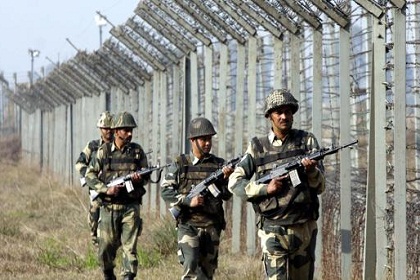 Courtesy: livemint.com
Courtesy: livemint.com
Pakistan's righteous indignation about national sovereignty—over India's Myanmar counterinsurgency program—is out of sync with the country's actions in the past. Experiences from history serve as proof
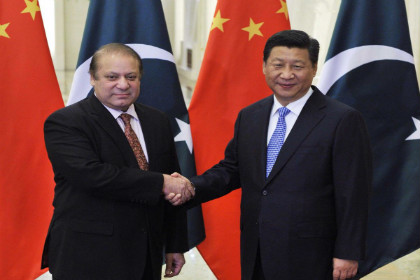 Courtesy:
Courtesy:
While China will seek India’s cooperation on its ambitious ‘One Belt, One Road’ project during Prime Minister Modi’s visit this week, Indian policy makers must soon articulate a definite stand on this transnational corridor by bridging the country’s security concerns and the benefits of such an engagement with China.
 Courtesy:
Courtesy:
Indian foreign secretary S. Jaishankar’s visit to SAARC countries from March 1 is an opportunity to examine the political trajectories in the region. While democracy in some countries like Sri Lanka is on an upswing, in others, like Bangladesh, it is in decline. With China’s growing economic influence in South Asia, can Indian democracy be an effective counterpoint?
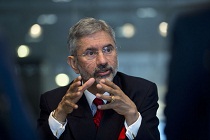 Courtesy: Saddahaq.com
Courtesy: Saddahaq.com
The SAARC Yatra to be undertaken by foreign secretary S. Jaishankar from March 1 is an opportunity for India to improve relations, resurrect stalled projects and create new synergies with its neighbourhood. An initiative like this could hold the key to India shedding the ‘hegemon’ tag and pursuing mutually beneficial policies with its neighbours
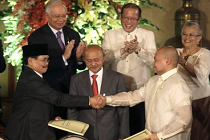 Courtesy: khabrsoutheastasia
Courtesy: khabrsoutheastasia
The Islamic State’s violence dominated 2014’s news headlines, masking important non-violent initiatives around the world. But endeavors for peaceful solutions are thriving, and India, with its legacy of a non-violent freedom struggle, must contribute to this process as a counter-force against the advocates of violence
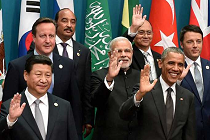 Courtesy: Ministry of External Affairs/GoI
Courtesy: Ministry of External Affairs/GoI
The style and substance of the foreign policies of Narendra Modi’s six-month-old government have been remarkably different from those of his predecessors. Gateway House examines the changes in India’s equations with three critical countries—the US, China and Pakistan—and outlines a foreign policy forecast for 2015
 Courtesy: Khuram Parvez
Courtesy: Khuram Parvez
The massacre of 134 children in the early morning attack in Peshawar should prompt Pakistan’s military and political leaders to reconsider their conflicted approach to the insurgency that is threatening the entire region
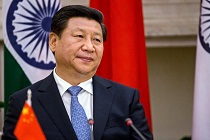 Courtesy: Livemint
Courtesy: Livemint
The shifting geopolitics in Asia presented an opportunity for China to rebalance its relations with India during the visit of President Xi Jinping to New Delhi in September. However, the meeting proved to be another missed opportunity for the two countries.
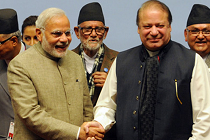 Courtesy: MEA/Government of India
Courtesy: MEA/Government of India
The recent SAARC Summit was once again derailed by India-Pakistan dissonances. Is it time for India to look beyond this collective? Or are there ways to overcome the distrust and address border issues, build institutions to implement common goals, and create an economic union of confident democracies?
The 18th SAARC Summit held in Nepal concluded on November 27 with the release of the Kathmandu Declaration. Did the summit live up to its expectations? Was concrete progress made, and if so in which areas? Where is SAARC heading now? Gateway House asks and answers five questions on the outcome of the summit